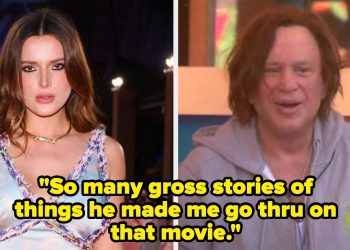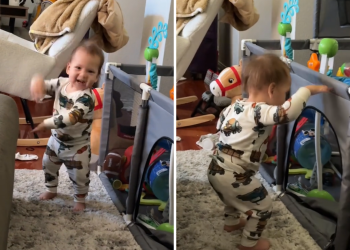That’s beautiful and so refreshing to hear. I’ve seen discourse online with sentiments of “Black films always have to have some type of trauma. Why can’t our characters just be happy?” What are your thoughts on that line of thinking?
AET: Violence is a reality. Violence and violence against Black people, particularly, is a reality. Why are we interested in lying about that? But the challenge for us is to not make it pornography, to not fetishize it, and to handle it in a way that we offer the presentation of it, rather than it being authored for us, which happens when we watch the news, right? So, that is what’s important. Life is hard. What we haven’t sort of said, is that in the middle of this, in the middle of the trauma, in the middle of the pain, we were always finding joy. It has never just been trauma. There has always been joy in there somewhere. There has always been love in there somewhere. I think that’s what Hattie does, and why I tried to do what I did in Nickel Boys because so many times these portrayals of Black motherhood is… it’s almost like the tears are currency.
What I wanted to do was make her smile currency as well, to make her adoration for her grandson, the love that she had for her grandson, to make that as equally important, because there has been an absence of that, not just in films, but in our homes. My grandmother didn’t smile at me, but she took care of me. She stood in line to get me government cheese because she didn’t have the money to buy cheese herself. She did all these things for me because she was desperately in love with me, but she never smiled at me. She never said, “Aunjanue, I love you.” She never said, “Aunjanue, you’re so cute.” She never said those things, but she loved me desperately. That’s how she expressed love. Right inside of her was the smile…inside of her was the adoration. What I wanted to do was bring that out, to physically show that.




















